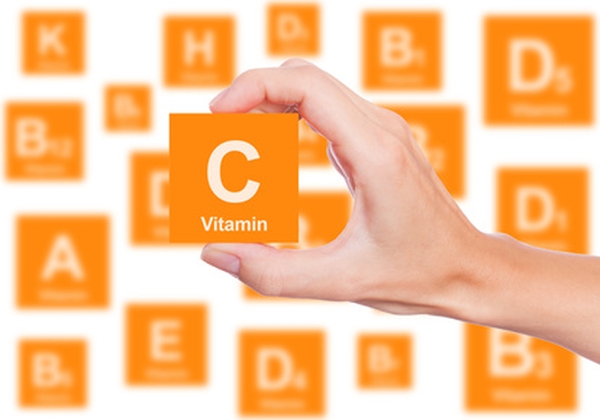Some people take vitamin C to relieve constipation. Is it really a good treatment? This article analyses the pros and cons of using vitamin C for constipation relief.
Vitamin C, also known as ascorbic acid is an essential nutrient. It is necessary for strong bones and teeth. It helps the body to develop immunity. Vitamin C gives you a healthy, younger looking skin.
The main dietary sources of vitamin C are fruits and vegetables. Oranges, strawberries, and bananas are excellent sources. An average adult needs around 100 mg of vitamin C per day. A well-balanced diet will give you the necessary amount. You don’t normally need to take a supplement.
Vitamin C supplements are available over the counter. There are many different brands that manufacture vitamin C tablets in various strengths. The common strengths available are 100 mg, 500 mg, and 1000 mg.
Some people use high potency vitamin C to relieve constipation. I have never tried that remedy. However, I know it works to some extent.
There are many better ways available to relieve constipation. Eating a proper diet, drinking more water, and doing exercise are some of the natural methods. If those are not enough, you can take a fibre supplement, laxative, or a stool softener. Why do you need to take vitamin C instead? Is it cheaper, more effective, and has fewer side effects?
I don’t think so.
However, you can take a high dose of vitamin C to help with your constipation on the following instance.
- You have vitamin C tablets at home. You got constipation suddenly and you want a quick relief. So, you can take whatever available at home that is safe and effective. Then you can take some of your high dose vitamin C tablets. You need up to 5000 mg for an effective relief.
Can I get side effects when taking vitamin C for constipation?
Vitamin C supplements are safe to use at recommended doses. They don’t normally give any side effects. The main reason for that is, vitamin c is water soluble. So, if you take excess amounts, it will pass through the urine.
However, taking large doses of vitamin C for longer periods of time can cause the following side effects.
- Headaches
- Nausea and vomiting
- Diarrhoea
- Increased frequency of urination
- Abdominal pain
- Kidney stones
Bottom line:
Vitamin C may help you get some relief from constipation. However, it is not a proper medication for your problem. There are many good remedies available on the market such as stool softeners, laxatives, and fibre supplements.
